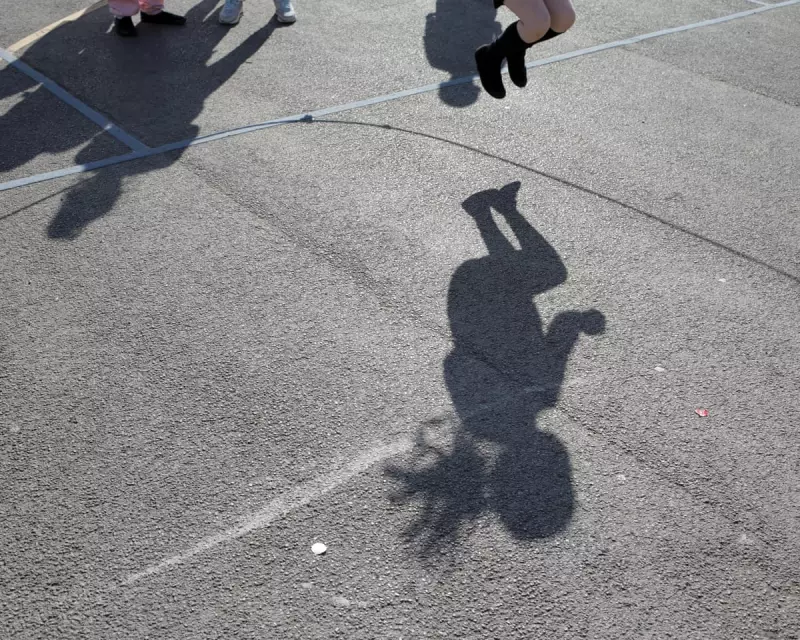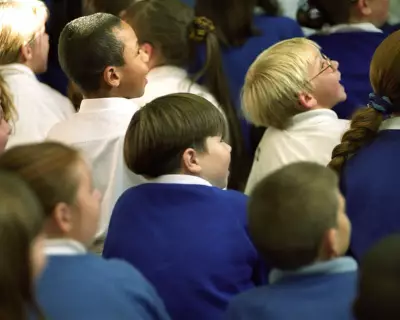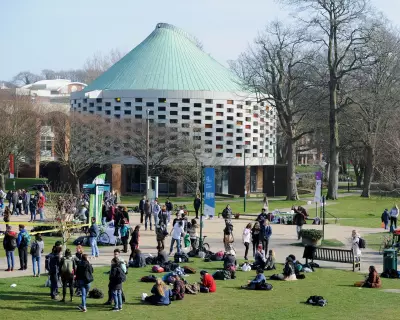
In a world increasingly dominated by academic targets and structured learning, a growing chorus of education experts and psychologists is issuing a compelling plea: it's time to get serious about children's play.
The undervalued power of play
New research suggests that what many dismiss as mere child's play is actually fundamental to developing the very skills children need to thrive in an unpredictable world. Far from being a frivolous distraction, purposeful play builds resilience, creativity, and problem-solving abilities that traditional classroom learning often fails to cultivate.
What the experts are saying
Leading child development specialists argue that we've fundamentally misunderstood play's role in education. "We've created a false dichotomy between learning and playing," explains one prominent educational psychologist. "The truth is, for young children, play is learning. It's how they make sense of their world and develop the cognitive and emotional tools they'll need throughout life."
The evidence stacking up
Studies consistently show that children who engage in rich, imaginative play demonstrate:
- Enhanced executive function - better planning, organisation, and self-control
- Superior social skills - including cooperation, negotiation, and conflict resolution
- Greater creativity and innovation - the ability to think outside conventional parameters
- Improved emotional regulation - managing frustration and disappointment through pretend scenarios
The changing landscape of childhood
Modern childhood has undergone a dramatic transformation, with several factors converging to reduce quality play time:
- Academic pressure trickling down to ever-younger age groups
- Structured activities filling what was once free time
- Digital entertainment replacing physical and social play
- Safety concerns limiting outdoor exploration
A call to action for educators and parents
The movement isn't advocating for a complete abandonment of structured learning, but rather for a rebalancing that recognises play as equally valuable. Educational reformers suggest several key changes:
In schools: Integrating more play-based learning throughout the primary years, training teachers in play facilitation, and redesigning playgrounds to stimulate creativity rather than just burn energy.
At home: Resisting the pressure to overschedule children, valuing unstructured time as highly as lessons and clubs, and participating in play rather than just supervising it.
The future of play in education
Forward-thinking schools are already experimenting with innovative approaches that blend play with learning objectives. The results are promising: children who are more engaged, more curious, and better equipped to handle the complex challenges they'll face as adults.
"This isn't about letting children run wild without purpose," clarifies one education policy expert. "It's about recognising that certain types of learning happen best through exploration, experimentation, and imagination. We need to stop seeing play as the opposite of work and start seeing it as the foundation of it."
The message from child development experts is clear: if we want to prepare children for a future we can't predict, we need to stop treating play as a luxury and start treating it as a necessity.





